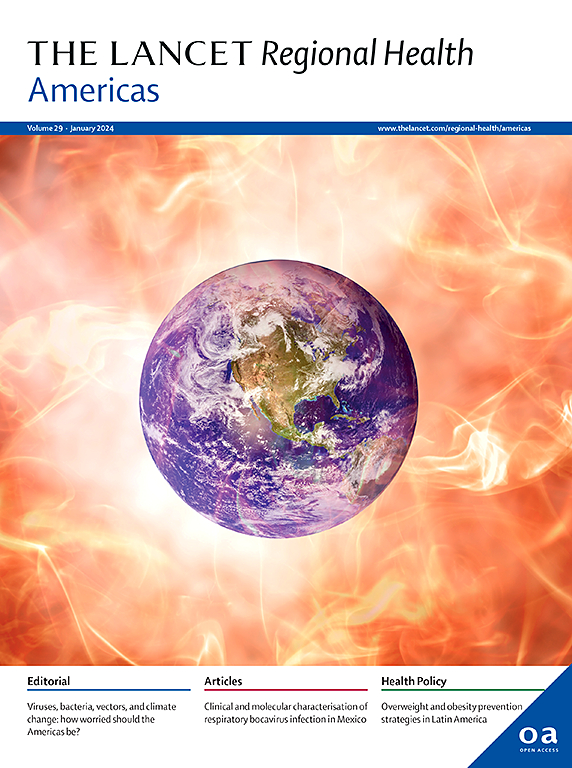Intersectionality and interseccionalidad—the best of both worlds
IF 7
Q1 HEALTH CARE SCIENCES & SERVICES
引用次数: 0
Abstract
In this personal view paper, we contrast an early form of intersectionality within Latin American social medicine in the early 20th century to a form of identity-based intersectionality advanced in the USA in the latter half of the same century. The proponents of social medicine grasped and applied the principles of intersectionality from the 1930s onward, focusing on the influence of intersectional contextual factors on health. We distinguish this form of intersectionality as “interseccionalidad.” It foregrounds characteristics of oppressive systems or contexts and their effects on health. Although social medicine shares some similarities with social determinants of health, their approaches and interventions differ. Intersectionality and interseccionalidad both emphasize the role of power and oppressive systems, but systems dynamics are rarely discussed in the medical literature; therefore, we discuss systems change within healthcare and the health innovation ecosystem by using an established systems theoretic approach. Lastly, we give examples of and call for further development of ways to integrate the best of intersectionality and interseccionalidad in research and innovation.
求助全文
约1分钟内获得全文
求助全文
来源期刊

Lancet Regional Health-Americas
Multiple-
CiteScore
8.00
自引率
0.00%
发文量
0
期刊介绍:
The Lancet Regional Health – Americas, an open-access journal, contributes to The Lancet's global initiative by focusing on health-care quality and access in the Americas. It aims to advance clinical practice and health policy in the region, promoting better health outcomes. The journal publishes high-quality original research advocating change or shedding light on clinical practice and health policy. It welcomes submissions on various regional health topics, including infectious diseases, non-communicable diseases, child and adolescent health, maternal and reproductive health, emergency care, health policy, and health equity.
 求助内容:
求助内容: 应助结果提醒方式:
应助结果提醒方式:


